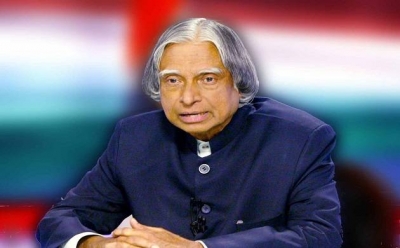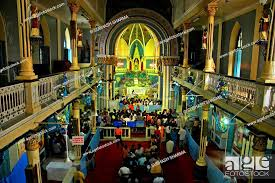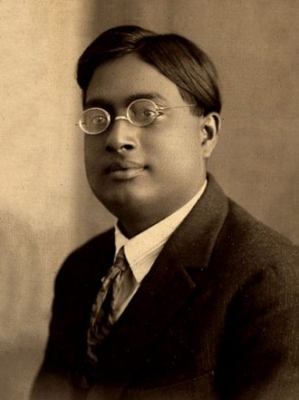Har Gobind Khorana

Har Gobind Khorana
Har Gobind Khorana (9 January 1922 – 9 November 2011) was an Indian American biochemist. While on the faculty of the University of Wisconsin, he shared the 1968 Nobel Prize for Physiology or Medicine with Marshall W. Nirenberg and Robert W. Holley for research that showed the order of nucleotides in nucleic acids, which carry the genetic code of the cell and control the cell’s synthesis of proteins. Khorana and Nirenberg were also awarded the Louisa Gross Horwitz Prize from Columbia University in the same year.
Fields
- Molecular biology
Known for
- First to demonstrate the role of nucleotides in protein synthesis
Awards
- Nobel Prize in Medicine (1968)
- Gairdner Foundation International Award (1980)
- Louisa Gross Horwitz Prize
- ForMemRS (1978)
- Albert Lasker Award for Basic Medical Research
- Padma Vibhushan
- Willard Gibbs Award (1974)
Institutions
- MIT (1970–2007)
- University of Wisconsin, Madison (1960–70)
- University of British Columbia (1952–60)
- University of Cambridge (1950–52)
- Swiss Federal Institute of Technology, Zurich (1948–49)
To know more about click Har Gobind Khorana Click Har Gobind Khorana
Picture Credit : Google












